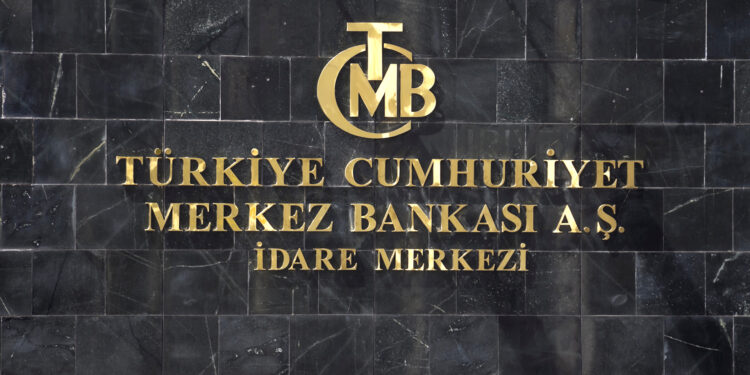In light of the escalation of political tensions and economic pressure in Turkey, the Goldman Sachs Group expected that the Turkish Central Bank would raise the main interest rate by about 350 basis points, to reach 46%, during the meeting of the monetary policy committee to be held on April 17 or even before, in a move aimed at calming the markets and protecting the lira, according to what was reported by Bloomberg.
The memorandum issued by Goldman Sachs, Clemens Graf and Bashak Edzil, said that the ongoing protests against the arrest of the mayor of Istanbul, Akram Imamoglu, the most prominent opponent of President Recep Tayyip Erdogan on corruption charges, along with the upcoming Eid Al -Fitr holiday, may increase the demand for foreign currencies, which restores the risk of “returning the dollar” to the front of the Turkish financial scene.
The Turkish Central confirms its willingness
In this context, Reuters announced that the Turkish Central Bank issued a statement confirming that it will take additional steps if necessary to ensure the smoothness of financial markets, after the evaluation of the monetary policy committee for the increasing inflation risks due to recent developments in the market.
In its statement, the central bank added that the monetary policy committee has met emergency this week, and implemented a number of measures supporting monetary stability, without revealing the details of these procedures.
27 billion dollars direct interventions
According to Bloomberg Economics estimates, the Turkish Central Bank interventions during the last three days of last week amounted to about 27 billion dollars, in an attempt to support the lira, which witnessed a sharp decline after the news of the arrest of Imamoglu. The Central Bank also raised the lending price for one night in a non -tied meeting held last Thursday.
Goldman Sachs analysts said that the central bank’s resort to raising the lending price for one night instead of the main interest rate reflects the expectation that the sales wave may calm down quickly, and it also indicates the need for decision makers for further discussion before taking the main price.
Bloomberg stated that President Recep Tayyip Erdogan expressed his public support for economic and financial officials in his government this week, which analysts in Goldman Sachs considered a sign of his willingness to accept the interest rate, despite his previous stances rejecting the policies of cash tightening, as Erdogan has always defended low interest rates as a tool to stimulate growth and reduce inflation.
Embolical pressure and political polarization
It is noteworthy that the annual inflation rate in Turkey amounted to about 39%, which is one of the highest levels in the world, at a time when the government seeks to restore market confidence and investors, especially after foreign capital flows decline in recent weeks.
Despite these strict expectations from Goldman Sachs, major financial institutions such as JP Morgan and Morgan Stanley had suggested that the central bank temporarily stop the policy of monetary facilitation, without indicating possible interest increases.



